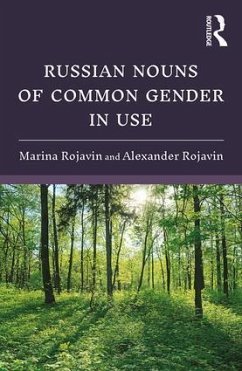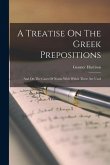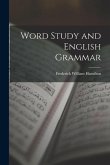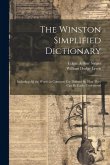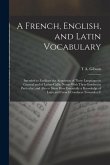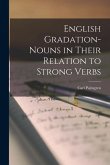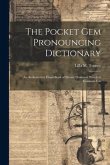Russian Nouns of Common Gender in Use is a unique collection of more than 150 nouns that mainly have grammatical features of the feminine gender, but refer to both male and female persons. This book provides the meanings of the words and explains their use in discourse with the help of examples from literature, media, and everyday speech. Each entry includes parallel English translations, which are analogous and appropriate to the given context. These enable the reader to easily grasp each word's organic place and purpose in a particular sentence or situation. This book will serve as a valuable tool for students and instructors, translators, scholars, and anyone interested in learning the Russian language.
Hinweis: Dieser Artikel kann nur an eine deutsche Lieferadresse ausgeliefert werden.
Hinweis: Dieser Artikel kann nur an eine deutsche Lieferadresse ausgeliefert werden.

